COURSE OVERVIEW
DE0731 : Fluid Properties and Phase Behavior (PVT)
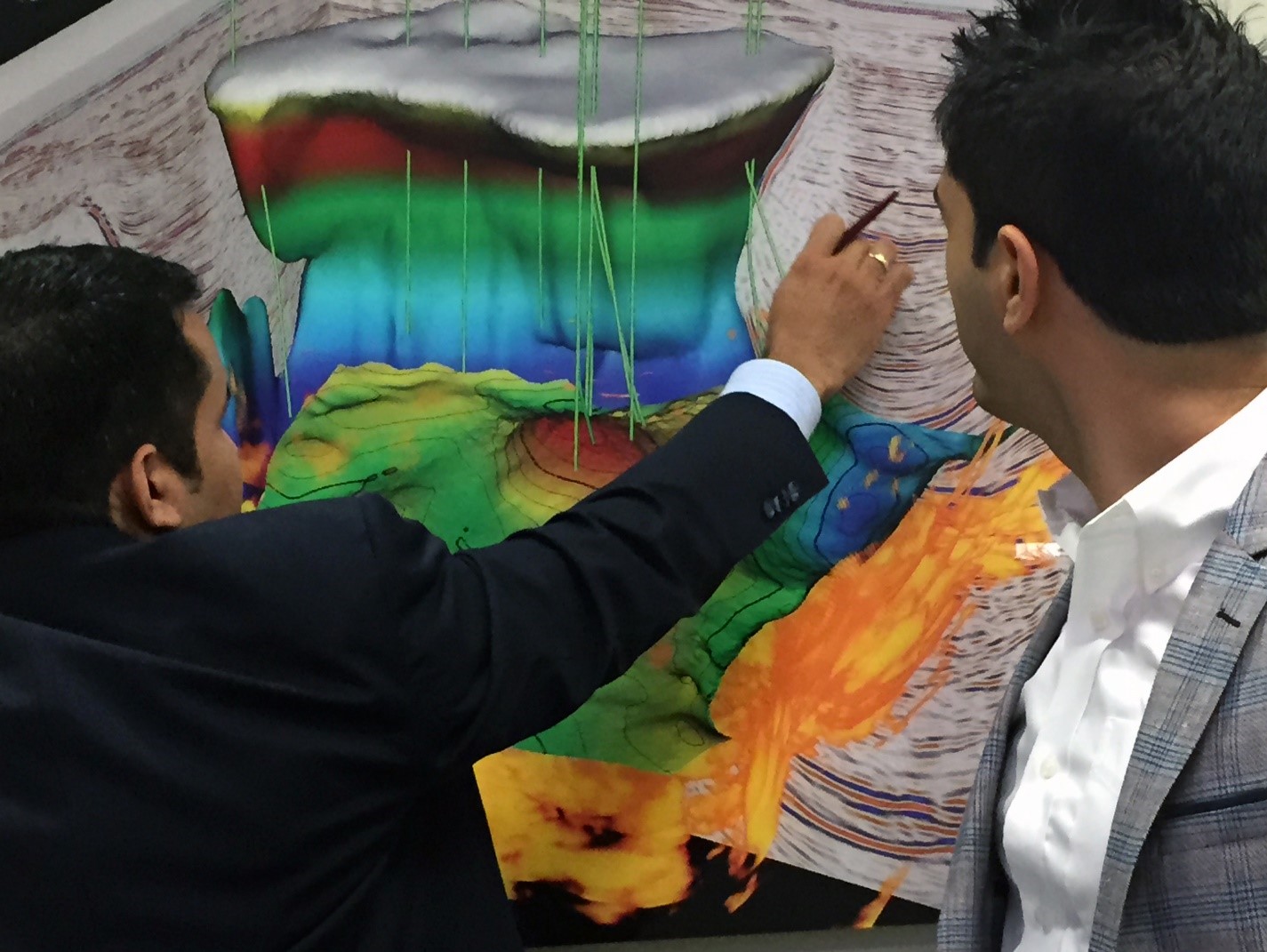
OVERVIEW
| COURSE TITLE | : | DE0731 : Fluid Properties and Phase Behavior (PVT) |
| COURSE DATE | : | Oct 14 - Oct 17 2024 |
| DURATION | : | 4 Days |
| INSTRUCTOR | : | Mr. Konstantin Zorbalas |
| VENUE | : | Dubai, UAE |
| COURSE FEE | : | $ 6750 |
| Request For Course | ||
Course Description
This practical and highly-interactive course includes real-life case studies and exercises where participants will be engaged in a series of interactive small groups and class workshops.
Accurate information on phase behaviour and properties of fluids is an essential element in proper management of petroleum reservoirs. Reservoirs were often produced by depletion in which the reservoir pressure was the main variable that controlled the fluid properties. Thus understanding phase behaviour is an important step for modeling EOR and be prepared for the coming phase of development of the oil fields. Hence, experimental methods and predictive correlations with pressure as the variable were developed and successfully used for many years in industry.
The development of enhanced oil recovery techniques and growing interest in gas condensate and volatile oil reservoirs, involving wide compositional variations and complex fluid behaviour during production, necessitated the use of more advanced compositional methods and new experimental procedures. The availability of high computational capabilities greatly assisted the rapid technology development in this area and its wide use in industry.
This course is designed to present practical methods of determining required reservoir fluid properties for engineering applications by judicious review of conventional practices and introducing recent advances. Although the emphasis is on the application of PVT and phase behaviour data to engineering problems, experimental methods will also be reviewed and their limitations will be identified.
The course covers data gathering and fluid sampling that enable engineers to deliver a proper fluid characterization (from sampling to EOS characterization). This course will enable the participants to ensure optimum sampling strategy, strong laboratories follow-up capabilities and high quality EOS characterization.
Accurate information on phase behaviour and properties of fluids is an essential element in proper management of petroleum reservoirs. Reservoirs were often produced by depletion in which the reservoir pressure was the main variable that controlled the fluid properties. Thus understanding phase behaviour is an important step for modeling EOR and be prepared for the coming phase of development of the oil fields. Hence, experimental methods and predictive correlations with pressure as the variable were developed and successfully used for many years in industry.
The development of enhanced oil recovery techniques and growing interest in gas condensate and volatile oil reservoirs, involving wide compositional variations and complex fluid behaviour during production, necessitated the use of more advanced compositional methods and new experimental procedures. The availability of high computational capabilities greatly assisted the rapid technology development in this area and its wide use in industry.
This course is designed to present practical methods of determining required reservoir fluid properties for engineering applications by judicious review of conventional practices and introducing recent advances. Although the emphasis is on the application of PVT and phase behaviour data to engineering problems, experimental methods will also be reviewed and their limitations will be identified.
The course covers data gathering and fluid sampling that enable engineers to deliver a proper fluid characterization (from sampling to EOS characterization). This course will enable the participants to ensure optimum sampling strategy, strong laboratories follow-up capabilities and high quality EOS characterization.
TRAINING METHODOLOGY
This interactive training course includes the following training methodologies:
LecturesWorkshops & Work Presentations
Case Studies & Practical Exercises
Videos, Software & Simulators
In an unlikely event, the course instructor may modify the above training methodology for technical reasons.
VIRTUAL TRAINING (IF APPLICABLE)
If this course is delivered online as a Virtual Training, the following limitations will be applicable:
| Certificates | : | Only soft copy certificates will be issued |
| Training Materials | : | Only soft copy materials will be issued |
| Training Methodology | : | 80% theory, 20% practical |
| Training Program | : | 4 hours per day, from 09:30 to 13:30 |
RELATED COURSES
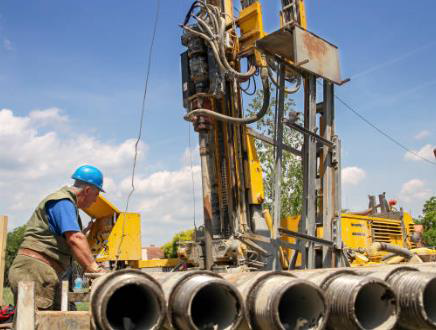
DE0766 : Advance Drilling Optimization for HPHT Wells
- Date: Feb 02 - Feb 06 / 3 Days
- Location: Doha, Qatar
- Course Details Register
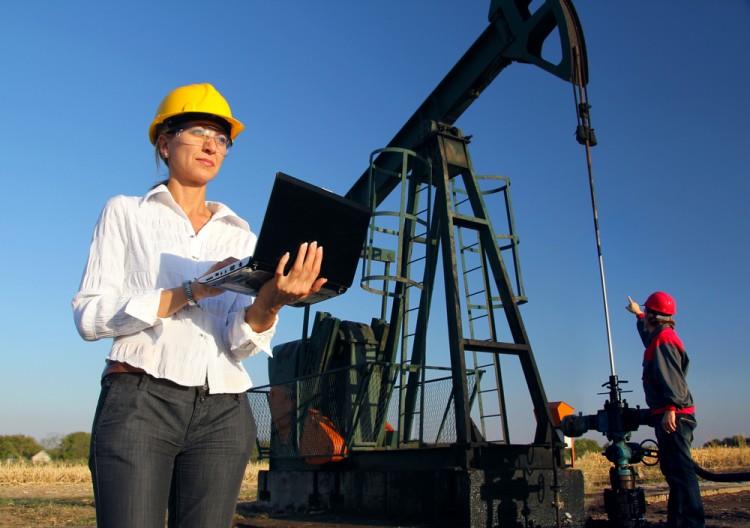
DE1056 : Petrel Workflow Editor & Uncertainty Analysis
- Date: Jan 26 - Jan 30 / 3 Days
- Location: Doha, Qatar
- Course Details Register
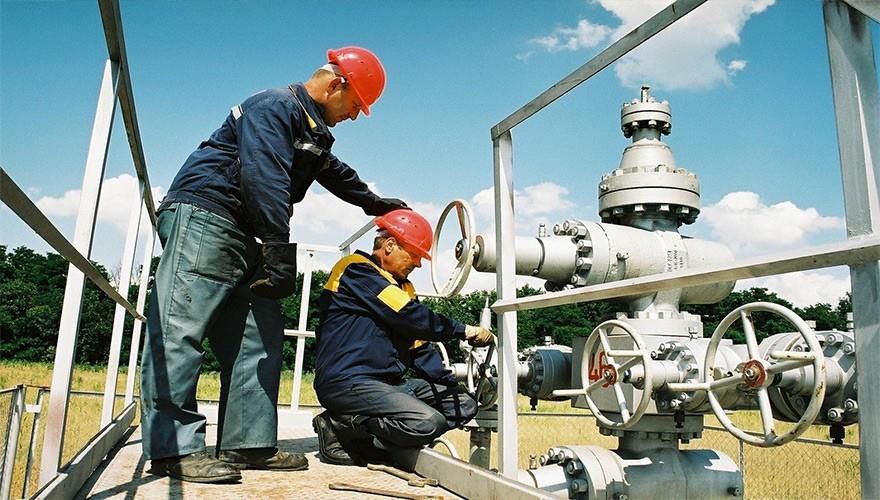
DE0448 : Drilling Problems and Drilling Optimization
- Date: Feb 02 - Feb 06 / 3 Days
- Location: Muscat, Oman
- Course Details Register
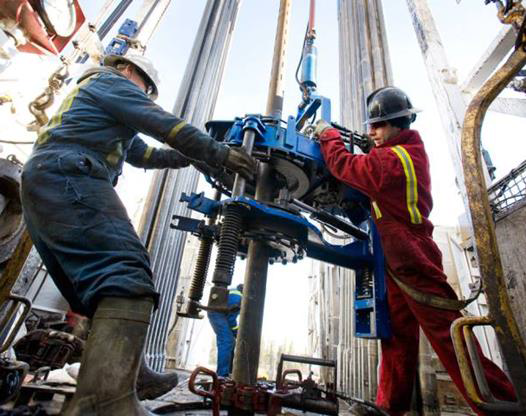
DE0171 : PTA/RTA Foundation
- Date: Feb 02 - Feb 06 / 3 Days
- Location: Doha, Qatar
- Course Details Register
